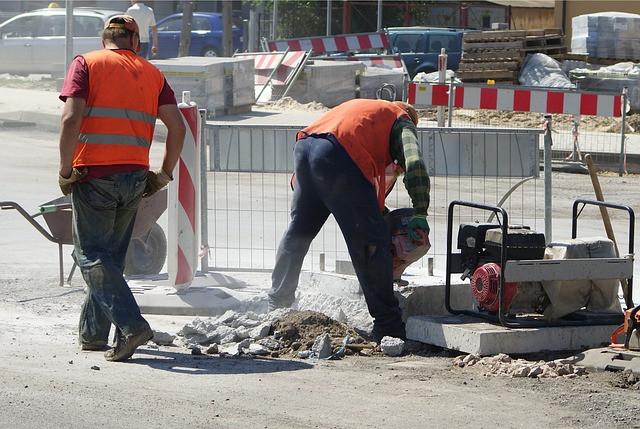In the hospitality industry, guest safety verification through rigorous background checks is paramount for creating a secure environment. These processes ensure employee integrity, mitigate security risks, fraud, and unlawful activities, fostering trust among customers. By prioritizing guest safety verification, establishments maintain their reputation, enhance efficiency, and promote long-term sustainability through customer satisfaction and loyalty, ensuring a safe and welcoming atmosphere for all visitors.
“In the hospitality industry, ensuring guest safety is paramount. Background check rigor plays a pivotal role in verifying potential employees’ credentials, safeguarding both guests and establishments. This article delves into the essential aspects of background checks within the sector. We explore their critical function in guest safety verification, dissect various check types, and provide strategic guidance on implementation.
Furthermore, we analyze the benefits and challenges, offering insights on balancing security measures with exceptional guest experiences.”
- The Role of Background Checks in Hospitality Industry
- – Importance of guest safety verification
- – Types of checks and their significance
The Role of Background Checks in Hospitality Industry

In the hospitality industry, ensuring guest safety is paramount. Background checks play a pivotal role in verifying the integrity and reliability of employees, from front-desk staff to housekeeping and culinary personnel. These rigorous processes help establish a secure environment, safeguarding both guests and the business’s reputation. By implementing comprehensive background check rigor, hospitality establishments can mitigate risks associated with potential security threats, fraud, or unlawful activities.
Effective guest safety verification through background checks fosters trust among customers. It enables hotels, resorts, and restaurants to maintain a safe haven for their patrons, reducing the likelihood of incidents that could harm guests or damage the establishment’s image. This proactive approach not only enhances operational efficiency but also contributes to long-term business sustainability by ensuring customer satisfaction and loyalty.
– Importance of guest safety verification

Hospitality establishments prioritize guest safety as their topmost concern, making comprehensive background check rigor an indispensable practice. This process ensures that only trustworthy individuals are granted access to guests, fostering a secure environment for everyone involved. A robust background verification system acts as a protective shield, safeguarding both patrons and staff from potential risks and threats.
Effective guest safety verification involves verifying identification, checking previous records, and assessing any red flags that could compromise the well-being of the community. By implementing these measures, hospitality businesses can prevent unsavory incidents, maintain their reputation, and comply with legal obligations. Ultimately, a strong commitment to background checks instills confidence in guests, encouraging them to fully enjoy their stay without worrying about their personal security.
– Types of checks and their significance

Hospitality establishments conduct various background checks as a vital component of guest safety verification. These include criminal record checks, which help uncover potential risks associated with individuals staying in their facilities. By screening for past offenses, hotels and other accommodation providers can ensure a secure environment for all guests.
Additionally, they may employ identity verification processes to confirm the authenticity of guest information. This involves cross-referencing personal details against reliable data sources, reducing the chances of fraud or false identities. Such rigorous background checks not only protect the establishment but also contribute to maintaining a safe and welcoming atmosphere for every visitor, fostering trust in the hospitality industry.






